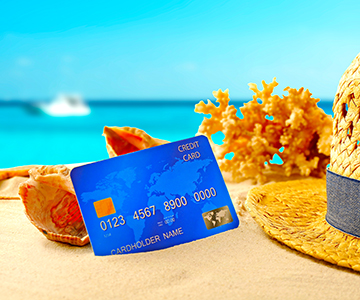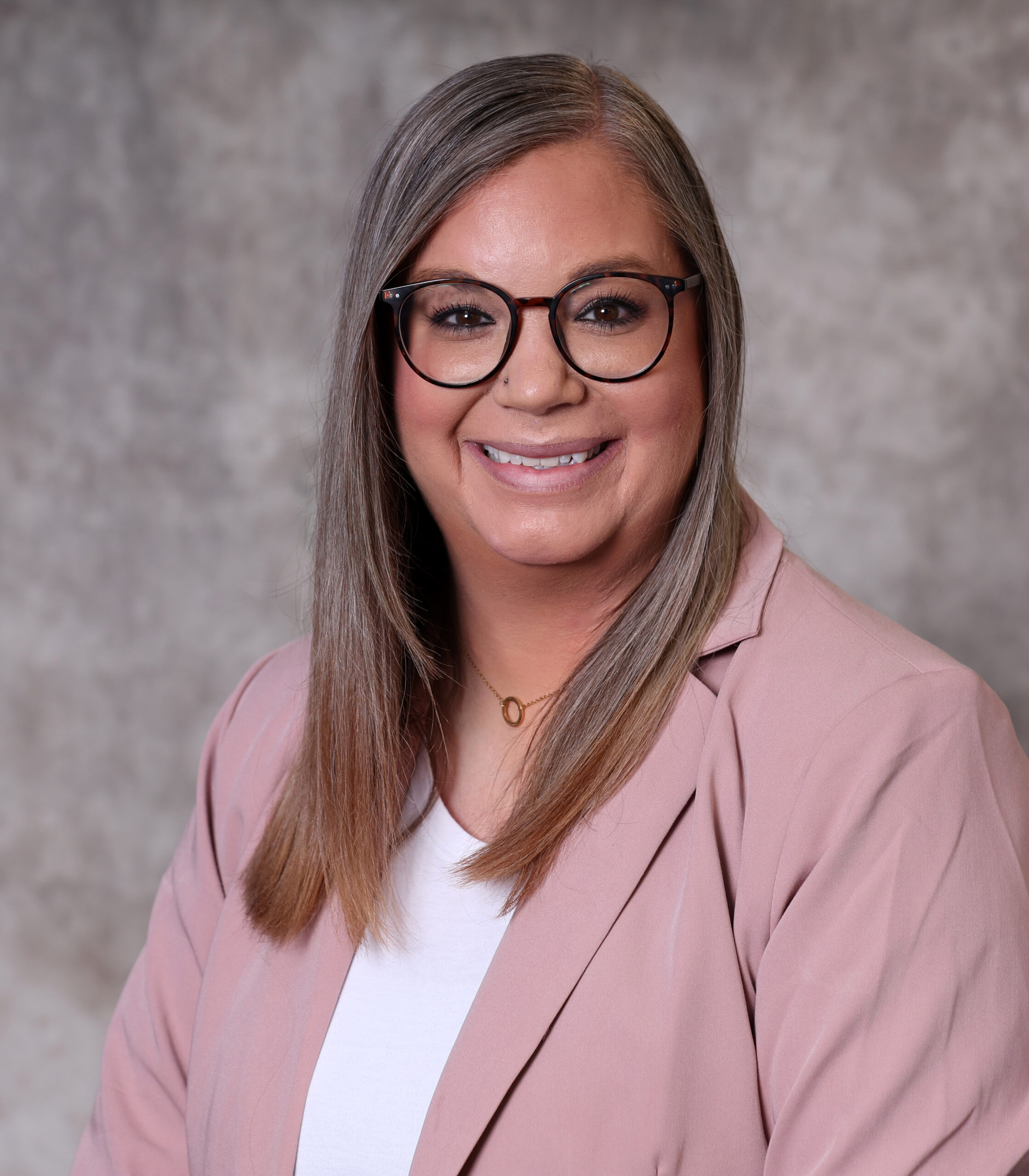As the colder weather is coming to an end and warmer weather is right around the corner, many of you will be planning a vacation getaway. It can be easy to get side tracked about your financial security while planning a vacation, but it is extremely important to take the safety of your accounts into consideration if planning to use your debit card, especially when traveling internationally.
Four Financial Security Steps You Can Take Before and During Your Trip
- Notify your bank ahead of time – Let your bank know what your travel itinerary looks like. You’ll want to share information about the duration of your trip and where you will be. This helps us anticipate unusual transactions so your card isn’t shut off unexpectedly. In addition, it’s helpful to provide your bank with a current phone number and email address in case we need to reach out to you to confirm out of pattern transactions.
- Travel smart – When it comes to methods of payment, be sure to clean out your wallet and take out credit cards and debit cards that you don’t anticipate using on your trip. The last thing you want is for your wallet to be stolen when traveling, especially in a different country. In addition, if you will be traveling across borders, order foreign currency from your bank ahead of time. Having a small variety of payment methods, is crucial in case a card terminal is down and you need to make a purchase.
- Stay alert – Especially if you plan on using foreign ATM terminals or paying with your debit card, awareness is key. Pay attention to the card reading devices you use, and if it looks questionable, pay with cash. Also, when you are using a PIN, make sure to use your free hand to cover over the pin pad so no one can look over your shoulder.
- Monitor your account – Use your bank’s mobile banking app and occasionally log in to review your accounts and transaction history for any suspicious transactions. Make sure you’re either using cellular data or a private Wi-Fi network since public Wi-Fi is susceptible to hackers. If you see fraudulent activity, see if your bank has a feature to turn your card off, and be sure to call your banker as soon as possible.
Safe travels!








 Equal Housing Lender. SBA Preferred Lender. NMLS #440379
Equal Housing Lender. SBA Preferred Lender. NMLS #440379